The Harry Potter universe is complex and complicated, magical and wonderful, dark and sorrowful. The Wizarding World is both uniquely brilliant and still inspired by the ordinary world. Language and history, in particular, had a part in creating the world readers and viewers came to love.
And authors love playing with language and seeing what new and inventive ways they can translate and convey information. From the first book until the last, J.K Rowling scattered wordplay throughout her writing - the best known, of course, being that 'Diagon Alley' is a play on the word 'diagonally'.
10 Grimmauld Place
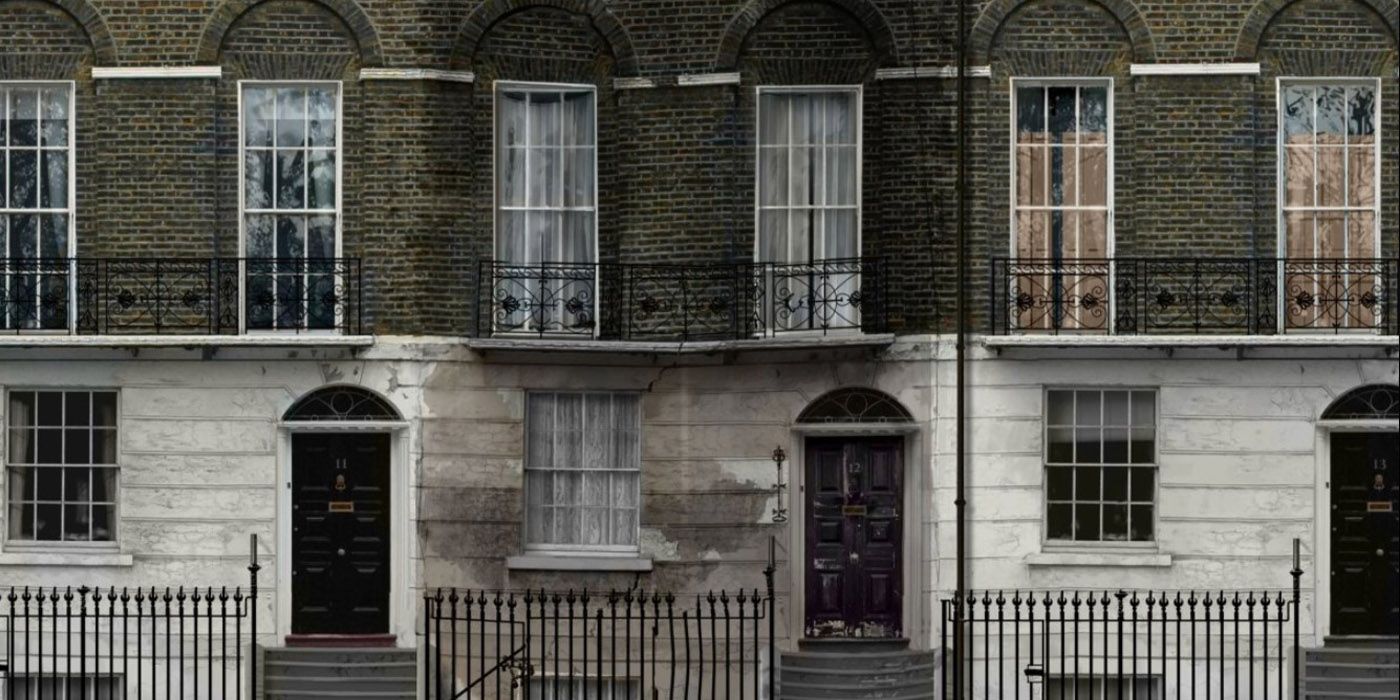
Number 12 Grimmauld Place is the Black family household. It was first introduced in Harry Potter and the Order of the Phoenix and continued to surprise fans with its interesting history. It was the home of Regulus Black, Sirius's younger brother, and the person who found the Slytherin locket Horcrux.
It was where Harry, Ron, and Hermione hid for part of their Horcrux quest, and where Sirius Black was reminded of his ancestry. It was just as Rowling described it, a grim old place.
9 Knockturn Alley
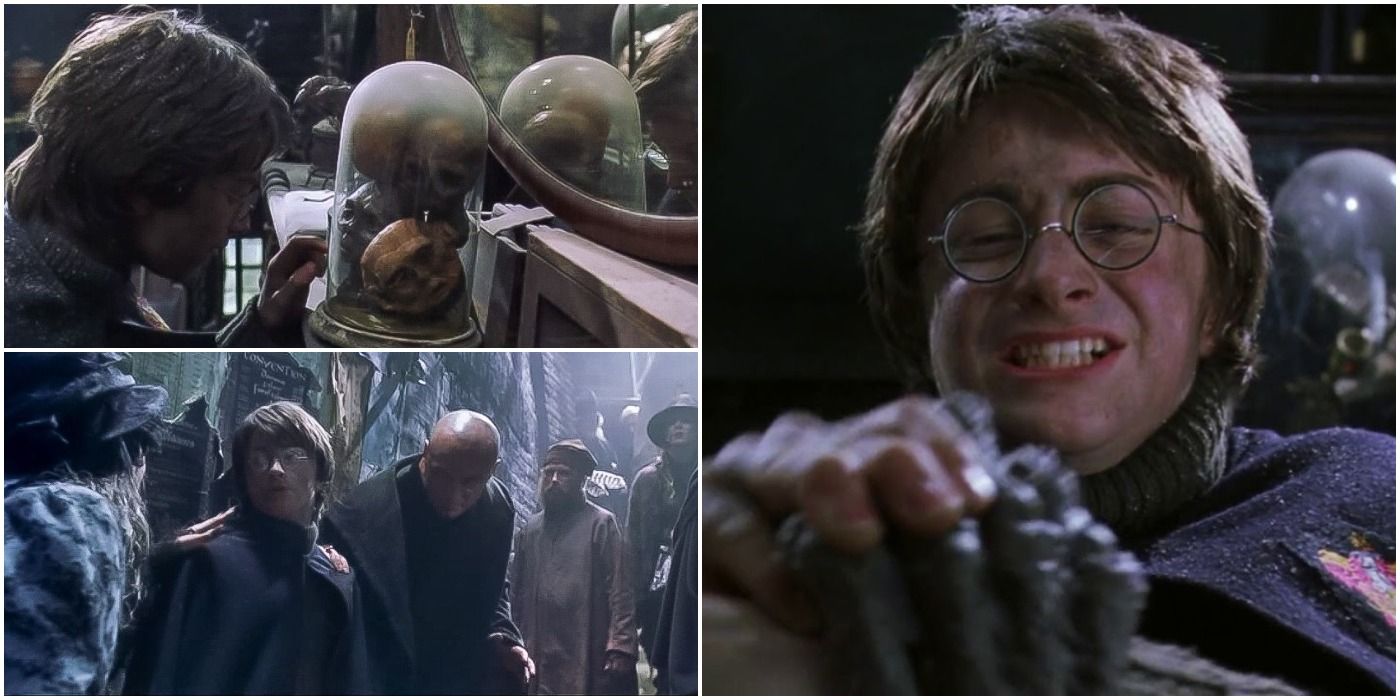
Just as Diagon Alley was named using the word diagonally, Knockturn Alley was named from the word nocturnally. Knockturn Alley is described by Hagrid as a "dodgy place," as it is associated with many shops devoted to the Dark Arts - so it makes sense that it would be a play on 'nocturnally', as in 'related to the night' or 'active at night'.
8 Potions & Their Translations
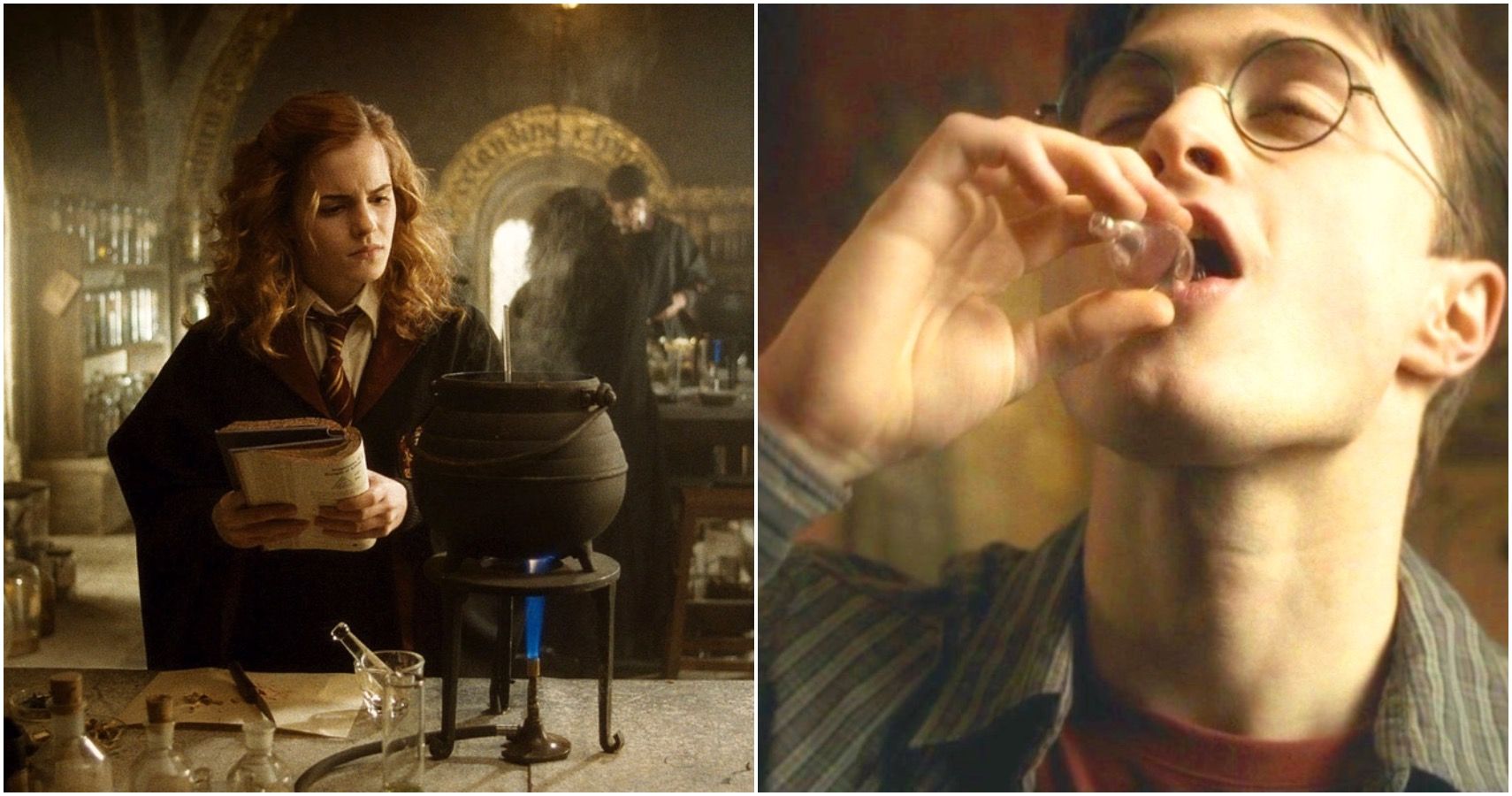
Potions are potent and delicate things. Snape tells his Potions students that potion-making is a "subtle science and exact art." And most of the time, their names are a good indication of their purpose. "Veritaserum," is a powerful truth serum with a name derived from Latin origins; "veritas," translates to "truth," and "serum" which is a common word, of course. The lucky potion that is "Felix Felicis" is made of two words meaning happy, lucky, prosperous, and variations thereof.
7 Sirius Black

Sirius Black is an Animagus who takes the form of a black dog. His name reveals his Animagus form as "Sirius" is a star, in particular, it is the Dog Star or Alpha Canis Majoris in the Canis Major, Latin for "Great Dog" constellation. Sirius is known as being the brightest star in the night sky, which is quite fitting for the Black family member who despised his family and what they stood for.
Sirius dies when he falls through the veil between life and death, a connection to the Sirius star as it is believed to be the doorway of the afterlife and a path of souls. Most of the Black family names have connections to their story, predicting their temperaments, actions, and deaths.
6 The Knight Bus

The Knight Bus is first introduced in Harry Potter and the Prisoner of Azkaban after Harry accidentally summons the magical vehicle during a fall. The Knight Bus comes to the aid of those who require it; those who need transportation other than Apparating, the Floo Network, Portkeys, or broomsticks. The words night and knight are homonyms, and a knight is someone who comes to the rescue, a savior.
5 Voldemort
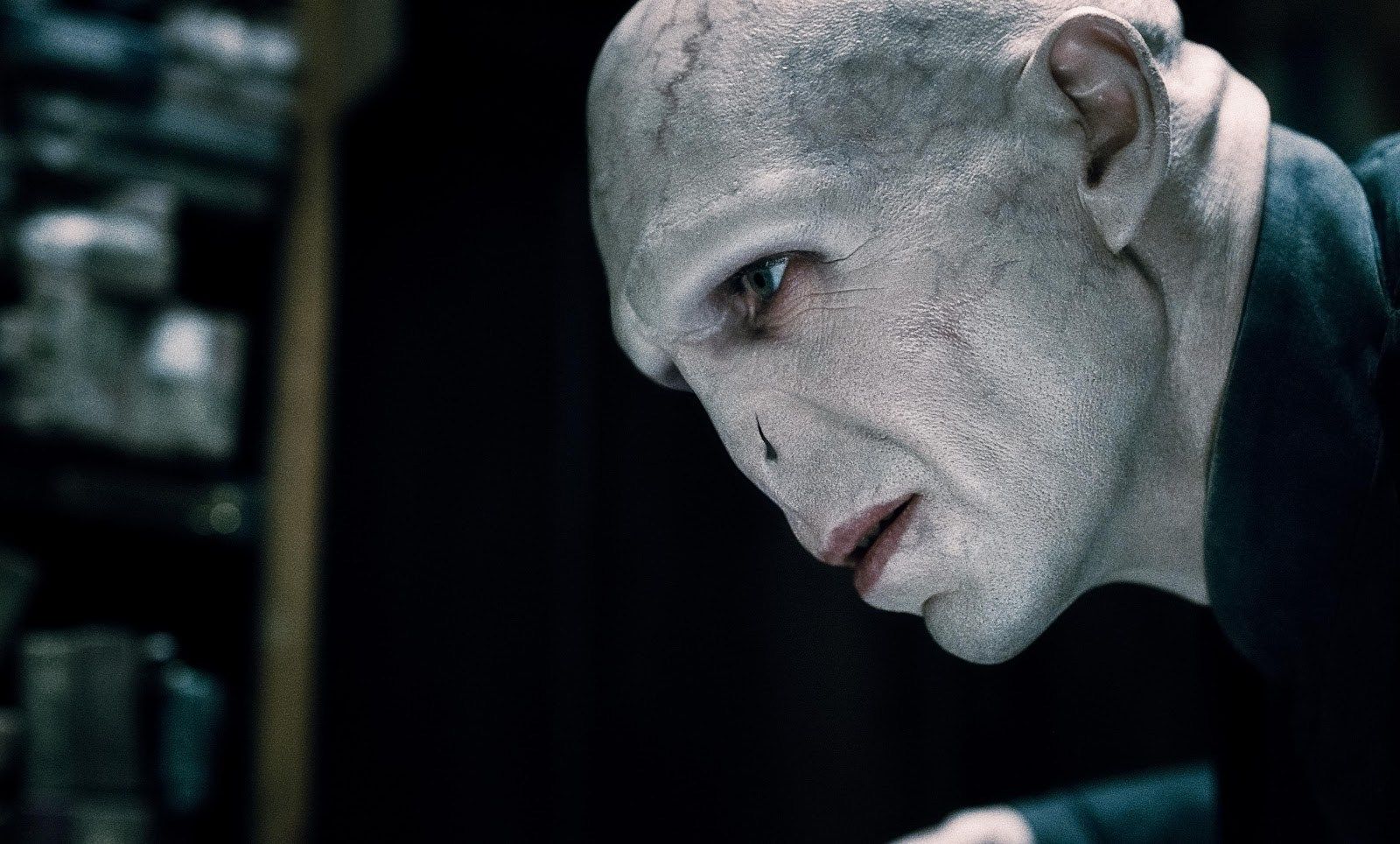
Voldemort is an anagram of the name Tom Marvolo Riddle, created by Tom Riddle himself. This name just happens to mean something significant other than being a random string of letters that coincidentally fit together. The name Voldemort can be broken into three sounded parts of French origin. The word "Vol," meaning "flight" or "theft," while "de" means "of" or "from," and "mort" means "death." Voldemort tried to elude death by making Horcruxes.
4 Snape's Words To Harry

"Tell me, what would I get if I added powdered root of asphodel to an infusion of wormwood?" To most, these lines are a potion's professor asking their student a question. But the real meaning of this question can be found by dissecting the meaning of the words. "Asphodel," is a type of Lily whose flower translation is associated with remembrance beyond the grave, while wormwood is associated with bitterness and grief. Therefore, Snape's first words to Harry are "my regrets follow you to the grave," and that he bitterly regrets Lily's death.
3 Mirror Of Erised
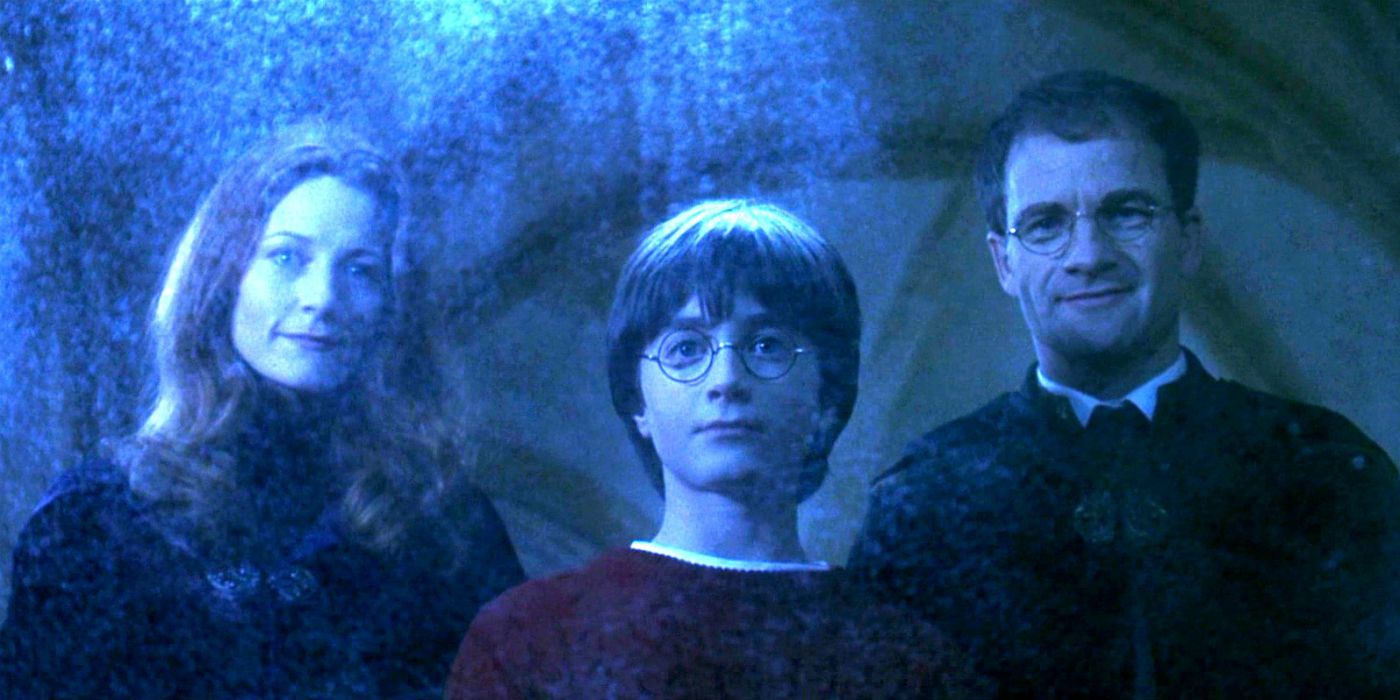
The Mirror of Erised is a magical artifact that shows the subject looking into the mirror their heart's desire. The word "Erised," is the word "Desire," spelled backward.
The inscription engraved around The Mirror head also reads "Erised stra ehru oyt ube cafru oyt on wohsi." Using mirror-writing, the engraving translates to "I show not your face but your heart's desire."
2 Spells & Their Translations

It's no surprise that many of the spells in the Wizarding World have literal meanings for what they do, their names finding origin from magical, mystical sounding historic languages. The summoning charm "Accio" is of Latin origin meaning "I summon." The spell that extinguishes light is "Nox," meaning "night" in Latin. Harry's much-loved spell of choice "Expelliarmus," takes "expello," which is Latin for "I banish," and "arma" meaning "weapons." The extremely difficult "Expecto Patronum," takes the word "expecto," meaning "I wait," and "patronus," meaning "protector/guardian." The spell for water "Aquamenti," is of "Aqua" meaning "water," and "mentis" meaning "mind."
1 Remus Lupin
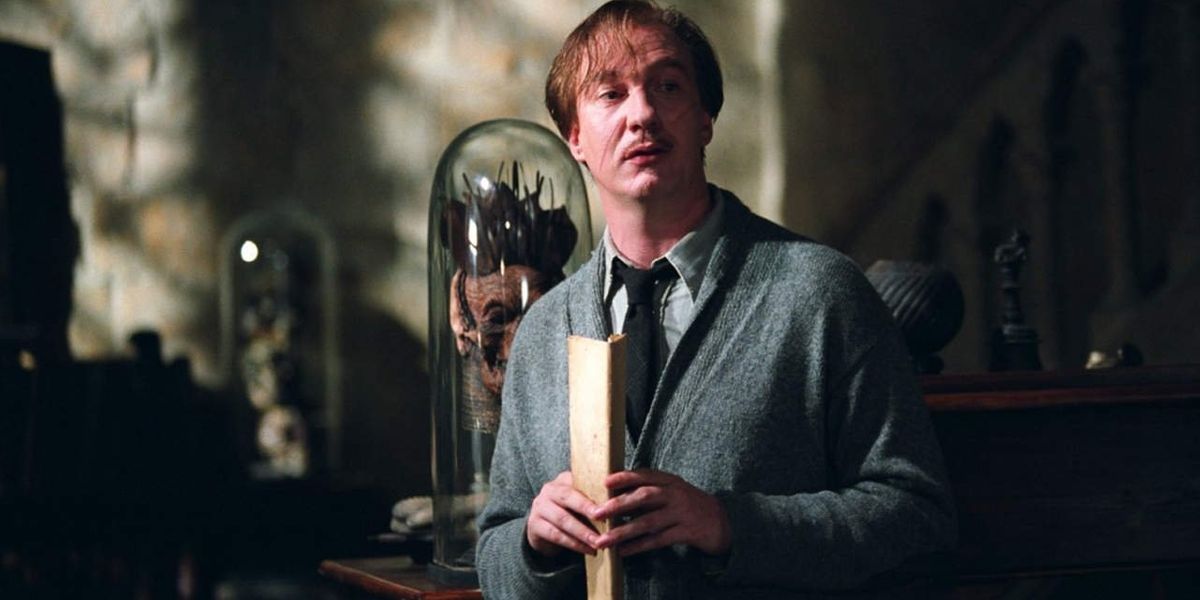
It's hard to think that Lupin had this name before he became a werewolf, but Rowling wrote his destiny, and a werewolf was he to be. The name "Remus" finds its origins in the ancient Roman tale of Remus and Romulus, two brothers raised by wolves. Remus's father's name is Lyall, meaning "wolf," in Norse roots, meaning Remus was raised by a wolf. The name "Lupin" is of Latin roots meaning "wolf."
https://ift.tt/3jdHWR3
February 03, 2021 at 06:30AM




